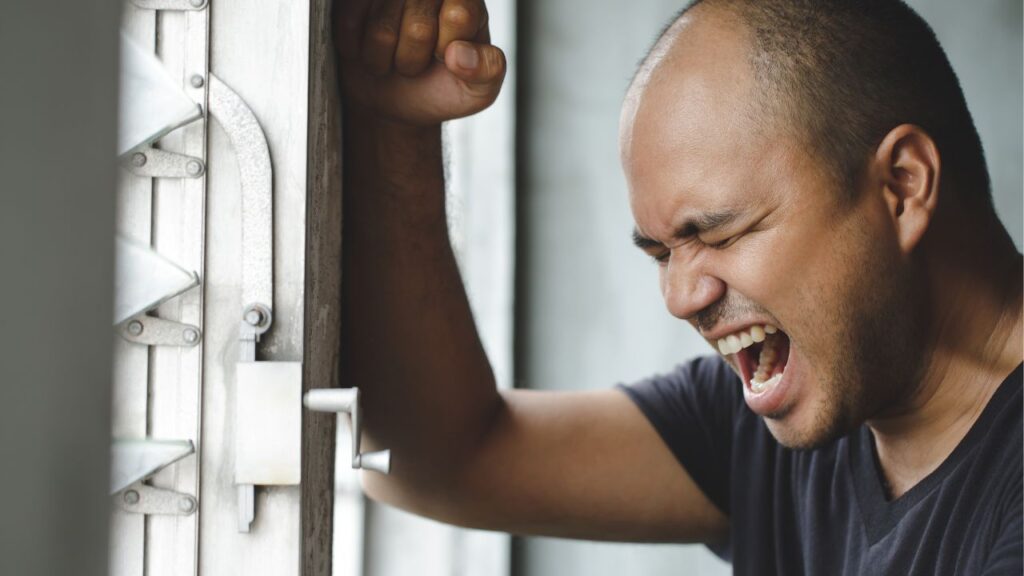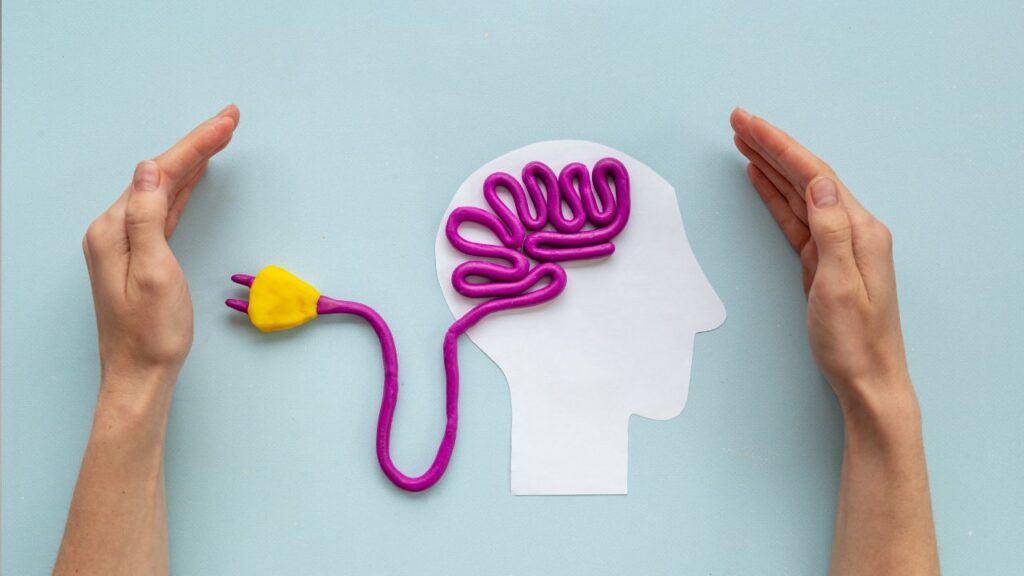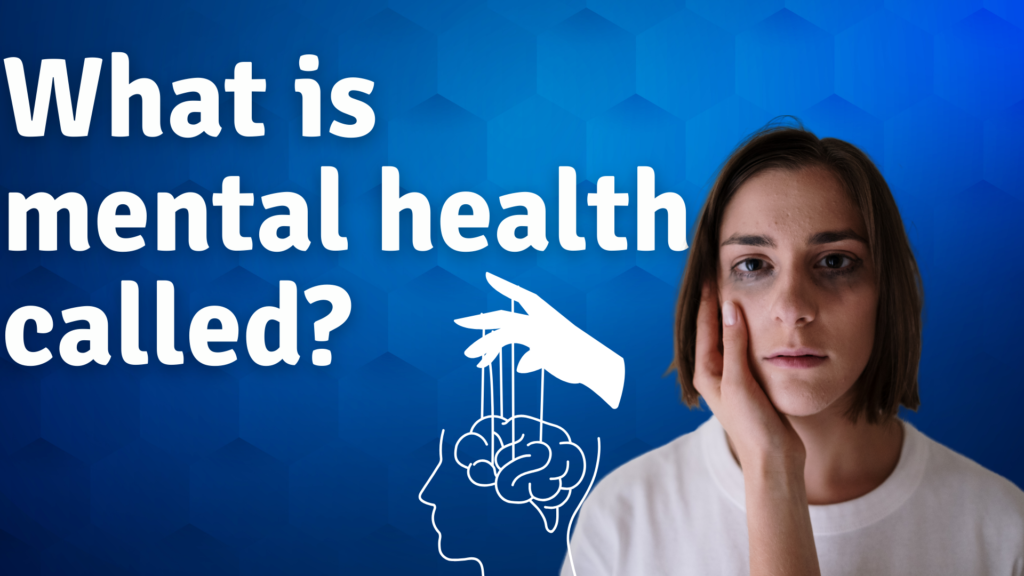Mental Health Disorders
Mental health conditions like anxiety and depression have an impact on our thoughts, emotions, and behavior. More than 200 different kinds of mental diseases exist. Treatment for mental health conditions, which may involve medication, psychotherapy, alternative therapies, or brain stimulation therapy, typically results in an improvement in symptoms.
What is mental health and why is it important?
A person’s psychological, emotional, and social well-being are all included in behavioral health, also referred to as mental health. It influences your thoughts, emotions, actions, and social interactions. How you handle stress is also influenced by your mental health. From childhood to adulthood, it is an essential aspect of your existence.
What is a mental health disorder?
Mental illnesses, often known as mental health problems, have an impact on your thoughts and actions. They can alter your mood and make it hard to go about your daily life at home, at work, at school, or in your community.
It’s crucial to remember that behavioral health disorders are not usually the result of poor mental health. It is also possible to have a behavioral health problem and experience extended periods of mental well-being.
Are there different types of mental health disorders?
More than 200 different kinds of mental health conditions exist. Among the most prevalent categories of mental health conditions are:
disorders of anxiety.
Bipolar disorder, depression, and other mood disorders.
disorders of disruptive behavior, including conduct disorder and oppositional defiant disorder.
eating disorders.
OCD, or obsessive-compulsive disorder.
Borderline personality disorder and antisocial personality disorder are examples of personality disorders.
PTSD stands for post-traumatic stress disorder.
many psychotic illnesses, including schizophrenia.
substance use disorders, such as alcoholism and heroin addiction.

Who gets mental health disorders?
Anyone can develop a mental health condition, regardless of age, sex, ethnicity, or background. Eating disorders, anxiety, and depression are more prevalent among those who were declared female at birth (DFAB). Conversely, substance misuse and antisocial personality disorders are more common in those who were declared male at birth (DMAB).
How common are behavioral health disorders?
In the US, behavioral health illnesses are prevalent. One in five teenagers and adults suffers from a mental illness. Three-quarters of all mental diseases start by the age of 24, and around half start by the age of 14.
The tenth most common cause of death in the United States is suicide, which is frequently linked to mental illness. Among those aged 15 to 34, it ranks as the second most common cause of death.
Symptoms and Causes
What causes mental health disorders?
There are numerous reasons of behavioral health issues. They could be caused by faulty genes. Genes can change over life, or you may inherit them from a parent. Mental illness can also result from chemical imbalances in the brain.
You are more susceptible to mental illness if you:
Consume recreational substances or alcohol.
Avoid eating the right foods.
lack a network of friends or relatives to lean on.
either came from a high-risk pregnancy or experienced a traumatic birth.
suffer from a long-term illness like diabetes, hypothyroidism, or cancer.
possess a family background of mental health issues.
possess a neurological condition like dementia or Alzheimer’s disease.
suffer from a sleep condition.
Experience a great deal of stress in your life.
suffered from a catastrophic brain injury.
possess a history of abuse or a terrible life experience.
Struggle with your beliefs or spirituality.

What are the symptoms of a behavioral health disorder?
use of alcohol or drugs for recreational purposes.
avoiding friends and social settings.
alterations in sexual desire.
inability to perceive reality, including hallucinations or delusions.
excessive fear or worry.
exhaustion or issues with sleep.
depressive or lonely feelings.
incapacity to perceive or understand the emotions or sentiments of others.
extreme fury or irritation.
obsession with your weight, eating patterns, or physical attributes.
difficulties learning, focusing, or doing daily duties.
Abrupt shifts in mood, from “lows” to “highs.”
suicidal ideation or self-harm.
Behavioral health disorders in children tend to affect their functioning. You might notice:
alterations in their academic performance or social interactions with other kids.
lack of interest in past interests or pastimes.
excessive concern or anxiety, including a phobia of sleeping.
frequent outbursts, violence, or disobedience.
hyperactive conduct, including difficulty focusing or staying motionless.
nightmares.
How are mental health disorders diagnosed?
Diagnosis and Tests
Getting a diagnosis from a medical professional who specializes in mental health disorders is crucial. To get the proper care, you must have a precise diagnosis.
In order to assess your mental health, a medical professional will closely examine your symptoms. Don’t forget to inform your doctor:
whether you have any particular triggers that exacerbate your mental health issues.
whether your mental health issues are intermittent or chronic.
when you initially became aware that your mental health was changing.
Mental diseases cannot be diagnosed by any medical test. However, in order to rule out any illnesses that may have an impact on mental health, your healthcare provider may do tests including imaging scans or blood testing.
Management and Treatment

How are mental health disorders treated?
Treatments for mental health disorders may include:
- Medication: Antidepressants and antipsychotics are two examples of medications that are effective in treating some mental diseases. By altering the chemicals in your brain, these medications help you feel less ill. Following your doctor’s instructions carefully is crucial when taking medication. Never stop taking mental health medication without first talking to your doctor.
- Psychotherapy: You can control the symptoms of an illness and overcome its obstacles by speaking with a mental health specialist. Psychotherapy can take place in a group environment or one-on-one with a medical professional. One type of psychotherapy is cognitive behavioral therapy (CBT). Its main goal is to assist you in altering unfavorable thought and behavior habits.
- Alternative therapies: Alternative therapies have the potential to improve certain mental diseases, like depression. Herbal treatments, massage, acupuncture, yoga, and meditation are a few examples. Consult your doctor before using any supplements or natural therapies. They might have an impact on other drugs.
- Therapies involving brain stimulation: Not all conditions get better with medicine. Your doctor might suggest brain stimulation treatments if that’s the case. These therapies alter how your brain’s nerves and other cells react to stimuli and process substances. Examples include transcranial magnetic stimulation (TMS) and electroconvulsive treatment.
Prevention
Are behavioral health disorders preventable?
A behavioral health condition cannot be avoided. But with a healthcare professional’s assistance, you can better control your symptoms. As soon as you realize something is wrong, get in touch with them.
Outlook
What’s the prognosis (outlook) for people with a behavioral health disorder?
The majority of individuals with behavioral health disorders are able to control their symptoms. When they receive the proper care, they lead complete, happy lives. For the remainder of their life, some people will have to deal with a mental disease. Others discover that as they age, their symptoms become better. In general, mental diseases tend to peak in young adults between the ages of 18 and 25 and then significantly decline after the age of 50. Additionally, mental illness might raise your chance of developing certain diseases like cardiovascular disease, stroke, and Type 2 diabetes.
Living With
When should I contact my doctor?
If you are experiencing suicidal thoughts or witness suicidal conduct in another person, get help immediately. The Suicide and Crisis Lifeline’s number is 988. By calling this hotline, you can get in touch with a nationwide network of nearby crisis centers that offer private, cost-free emotional help. The facilities provide round-the-clock, 24/7 help to anyone experiencing emotional discomfort or suicide thoughts. Call 911 in an emergency.
A note from Cleveland Clinic
About 20% of Americans suffer from behavioral health issues, which have an impact on one’s thoughts, feelings, and behavior. They may make it challenging to perform at work, school, or home. However, there are remedies. The first step in treating a mental health illness is receiving a precise diagnosis. If you or your kid exhibit any of these symptoms, speak with your doctor.
